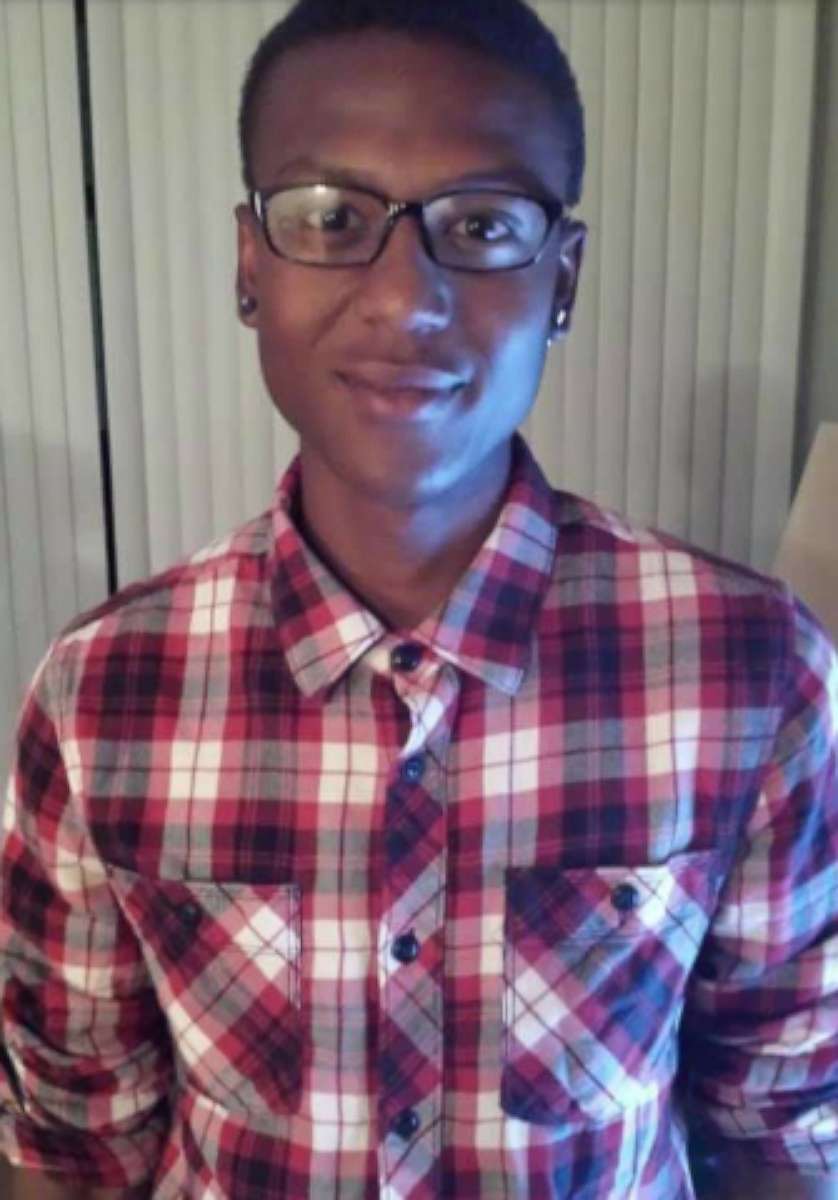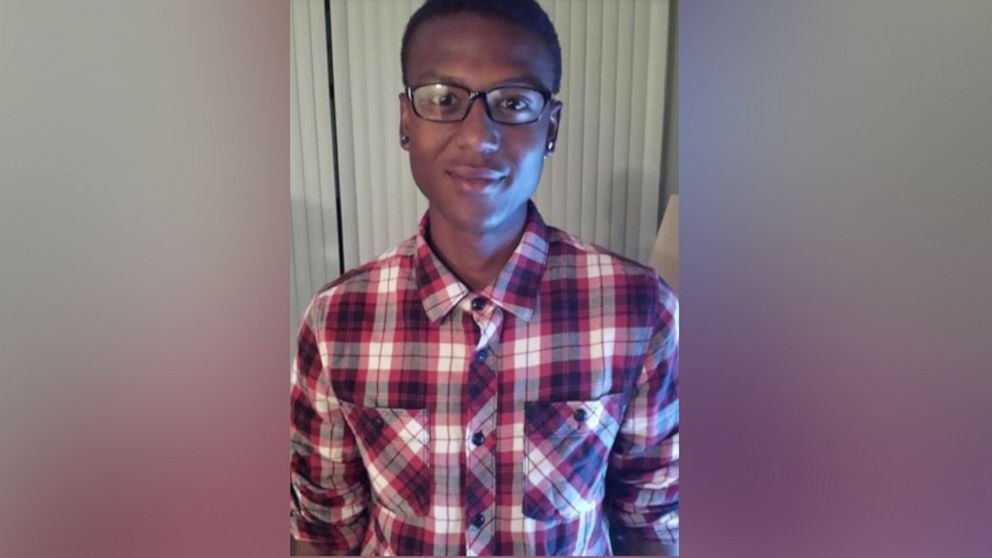Elijah McClain's mother responds after jury convicts 1 officer in connection with his death
A jury in Adams County, Colorado, found former police officer Randy Roedema guilty of criminally negligent homicide and assault in the third degree in the death of 23-year-old Elijah McClain.
Another officer, Jason Rosenblatt, was found not guilty on charges of reckless manslaughter, assault in the second degree and criminally negligent homicide.
Roedema and Rosenblatt were the first officers tried in connection to McClain's death.
McClain's mother, Sheneen McClain, walked out of the courtroom with a raised fist after the split verdict and said she was not satisfied with the outcome.
"America needs to start telling the truth about its history and changing the way it treats all the people that pay into its systems of control," she said in a statement to ABC News on Friday. "Don't say sorry to me for humans that fail even their own kind. My soul still cries out for Divine Justice For My Son Elijah McClain."
The two men, along with Officer Nathan Woodyard, who was first on the scene, and two paramedics, pleaded not guilty in connection with McClain's death. The trial of Roedema and Rosenblatt lasted almost a month, with opening arguments starting on Sept. 20.
The prosecution argued that the two officers violated department protocol by using excessive force against McClain. Prosecutor Jonathan Bunge argued that the two men failed to de-escalate the situation.
"When Elijah is on the ground handcuffed, he's saying over and over and over again, 'I can't breathe. Please help me,'" said Bunge during opening arguments, adding that McClain vomited after the chokehold and was drowning in vomit.

McClain was a gentle person, who loved to play the violin, according to his family.
Throughout the trial the prosecution continued to remind the jury of McClain's small body build and his gentle demeanor.
"There was no doubt that there was forcible restraint and [you] heard the testimony from Dr. Beuther who said that ketamine is a sedative, but when someone is in respiratory distress they are at greater risk," said Special Assistant Attorney General Duane Lyons during closing arguments.
The defense argued that the officers followed their department policies and training, instead blaming McClain's death on the EMTs who later arrived at the scene and gave McClain a shot of ketamine. The EMTs also claimed they were following department protocol at the time.
"There's little doubt that this case is a tragedy. But if you take the emotion out of this case, which is what you must do, the [prosecution falls] woefully short," said Don Sisson, Officer Roedema's attorney, during closing arguments. "They cannot prove Randy's actions or inactions were criminal in any way."
Following the verdict, Attorney General Phil Weiser released a statement thanking the jury and calling attention to Elijah McClain and the McClain family.
"Today's verdict is about accountability; everyone is accountable and equal under the law. And hopefully today's verdict is another step in the healing process for the Aurora community and the state. I recognize that some people may not agree with the verdict, but we all must respect the jury system, which is a pillar of our democratic republic," Weiser said in a statement.
"We are here today because Elijah McClain mattered. He was just 23 years old when he died, and he had his whole life ahead of him. His mother, Sheneen McClain, has had to relive that tragic night repeatedly for the last five years. Yet I, and all of us, are inspired by her courage and devotion to her son." Weiser's statement read.
Art Acevedo, the interim Aurora police chief, also posted a statement on X in reaction to the verdicts.
"I know many have been waiting a long time for the involved parties to have their day in court," Acevedo's statement read. "As a nation, we must be committed to the rule of law. As such, we hold the American judicial process in high regard. We respect the verdict handed down by the jury and thank the members of the jury for their thoughtful deliberation and service.
Acevedo said due to pending trials, the Aurora Police Department cannot further comment at this time.
McClain died after being stopped by police on his way home from a convenience store in August 2019. A passerby called 911 to report McClain as acting "sketchy" with a ski mask on; however, the caller said there was no weapon and that no one was in danger at the time.
In police body camera footage, McClain can be heard saying, "I have a right to where I am going."

One of the officers told McClain he had a right to stop him because he was "being suspicious."
Woodyard then placed McClain in a carotid hold and all three officers moved McClain by force to the grass and restrained him. McClain can be heard pleading with officers in body cam footage, saying he can't breathe correctly.
"I'm so sorry. I have no gun, I don't do that stuff. I don't do fighting. Why are you taking me?" McClain can be heard saying in body camera footage.
"I can't breathe," said McClain according to the body camera footage. He echoed these words several times.
When EMTs arrived at the scene, McClain was given a shot of 500 milligrams of ketamine for "rapid tranquilization in order to minimize time struggling," according to department policy, and was loaded into an ambulance where he had a heart attack, according to investigators.
McClain's cause of death, which was previously listed as "undetermined," was listed in the amended report as "complications of ketamine administration following forcible restraint." The manner of death remained listed as "undetermined" as it was in the initial report.
The EMTs at the scene, Jeremy Cooper and Lt. Peter Cichuniec, will be tried together at a later date in connection with McClain's death.
Woodyard is being tried separately because he was first on the scene and applied the hold, according to a court order. Woodyard's trial began on Friday with jury selection.




